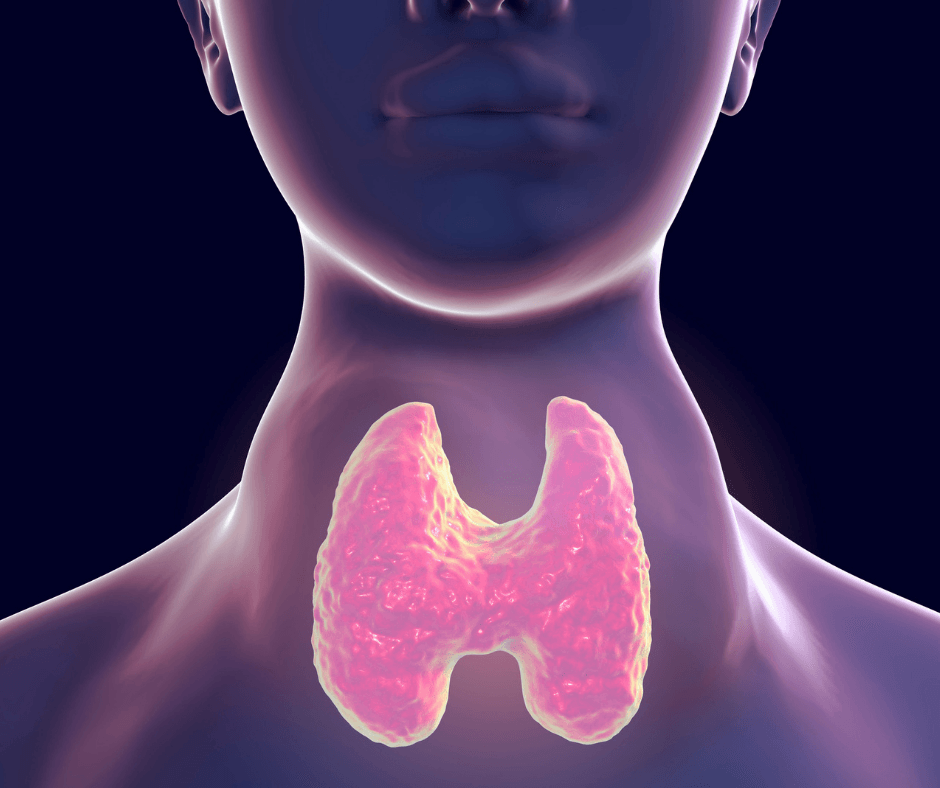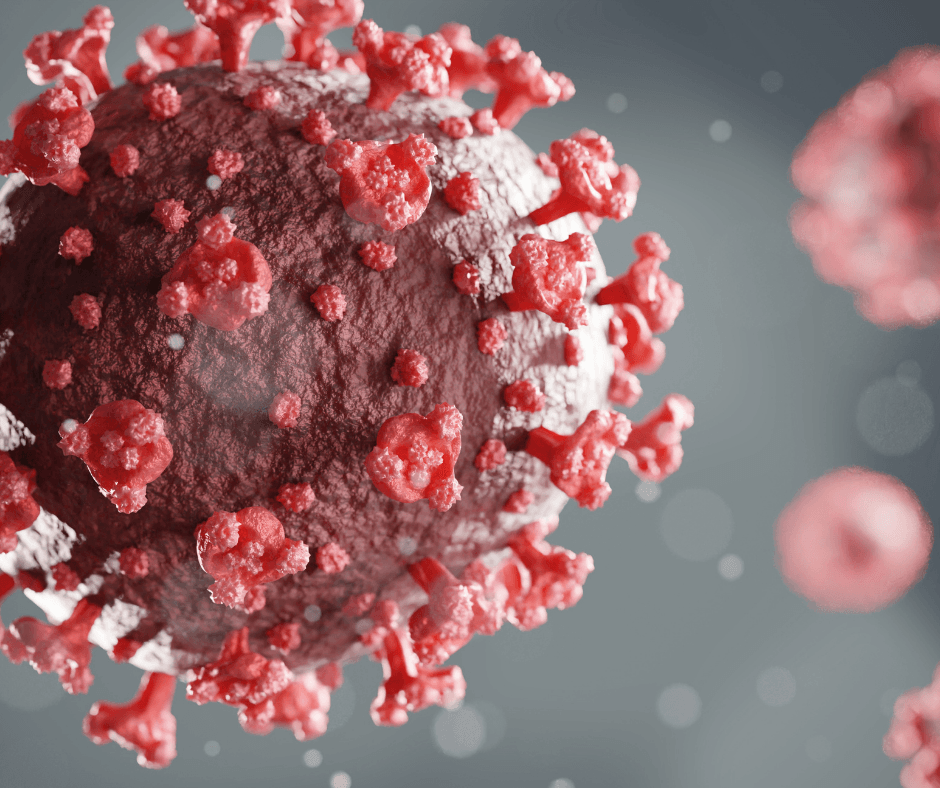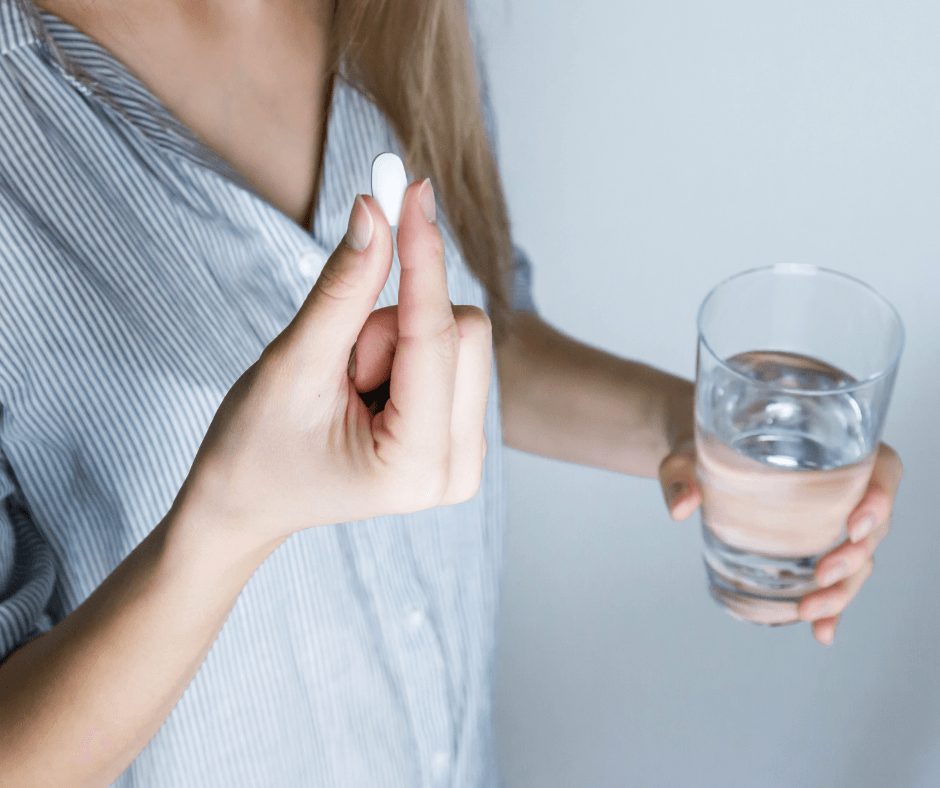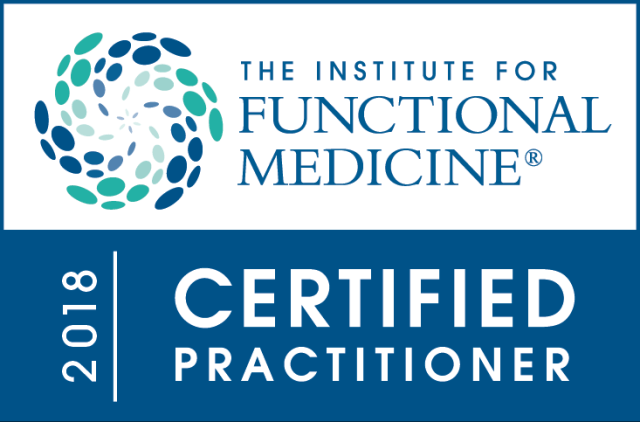New Year-New Beginning For A Healthier You! Original Post 1/11/19
Are you working on a healthier you this New Year?

Sleep:
Are you giving your body enough time to rest and reset? The recommended amount of sleep for adults per night is 7-8 hours. Current research shows that persistent lack of sleep can be linked to heart disease, high blood pressure, diabetes, obesity and certain cancers. Some ways to ensure you are getting enough sleep are: sticking to a schedule—go to bed at the same time every night, make your bedroom an atmosphere that is conducive to sleep, don’t exercise a few hours before you plan to go to bed, and stay away from caffeine in the evenings.
Water:
Did you know that roughly 60% of the adult body is water? Water is key to so many important functions of our bodies! Water is the first building material to the life of every cell, acts as a shock absorber for the brain & spinal cord, and helps deliver oxygen all over the body, to name just a few important roles of water. In general, most individuals need to drink half their weight in ounces of water per day (for example an 150 lb. person needs to drink 75 oz of water per day). Drinking clean water is also key!
Diet:
Are you eating a healthy, non-processed diet? Food can be your medicine or poison. Food is also information. Is the food that you are eating giving your body excellent nourishment, or confusing your body and causing inflammation? If you are eating things that have an ingredient label, the front label may say organic or all natural, but what are the ingredients listed on the back? Is there added sugar or chemicals to the foods that you are eating?
Soda Habit:
You are eating better, but can’t get rid of drinking that soda or diet soda? I encourage you to get rid of the soda! Have you ever looked at the ingredients label on a soda? Have you ever looked at the sugar content of a regular soda? One soda label I looked at contained 39 grams of sugar in just 12 ounces! Ingredients for most sodas contain high fructose corn syrup, coloring, dyes and chemicals. Diet sodas contain more chemicals such as aspartame. Also some sodas contain GMOs. You can learn about how individual ingredients affect your overall health at www.EWG.org. One study, I will mention, shows that there is a link between individuals drinking soda (regular or diet) and diabetes. If you need carbonation try a sparking mineral water and add some fruit if desired.
Movement:
Are you performing regular, physical activity? What is fun and enjoyable to you? It is important to move your body in a way that does not create pain and is enjoyable for you! Some of the benefits of physical activity are: better heart health, improved mood, increased energy level, improved sleep and weight loss. You may need to talk with your doctor or Dr. Shannon about what types of physical activity would be best for you!
Partner in Health:
Do you have a partner in your journey to optimal health? Are you doing all these steps and still having symptoms or trouble losing weight? If you need someone to partner with you in your journey, New Beginnings is here to help! Call 970-305-0101 or email us at Staff@NewBeginningsFMC.com to learn more about how Dr. Shannon will partner with you on your journey to optimal health!
New Beginnings wishes you the best on your journey to optimal health in 2019!
References:
https://www.nhlbi.nih.gov/news/2018/sweet-dreams-researchers-explore-link-between-sleep-
and-health https://water.usgs.gov/edu/propertyyou.html https://www.ncbi.nlm.nih.gov/pubmed/23364017 https://www.ncbi.nlm.nih.gov/pubmed/30564198
https://www.coca-colaproductfacts.com/en/products/coca-cola-zero-sugar/original/12-oz/ ? gclsrc=aw.ds&gclid=EAIaIQobChMIkf7Dz__j3wIVhSBpCh3F7QJYEAAYASABEgI1F_D_BwE&gc lsrc=aw.ds--diet
https://www.coca-colaproductfacts.com/en/products/coca-cola/origina/12-oz/ https://www.mayoclinic.org/healthy-lifestyle/fitness/in-depth/exercise/art-20048389

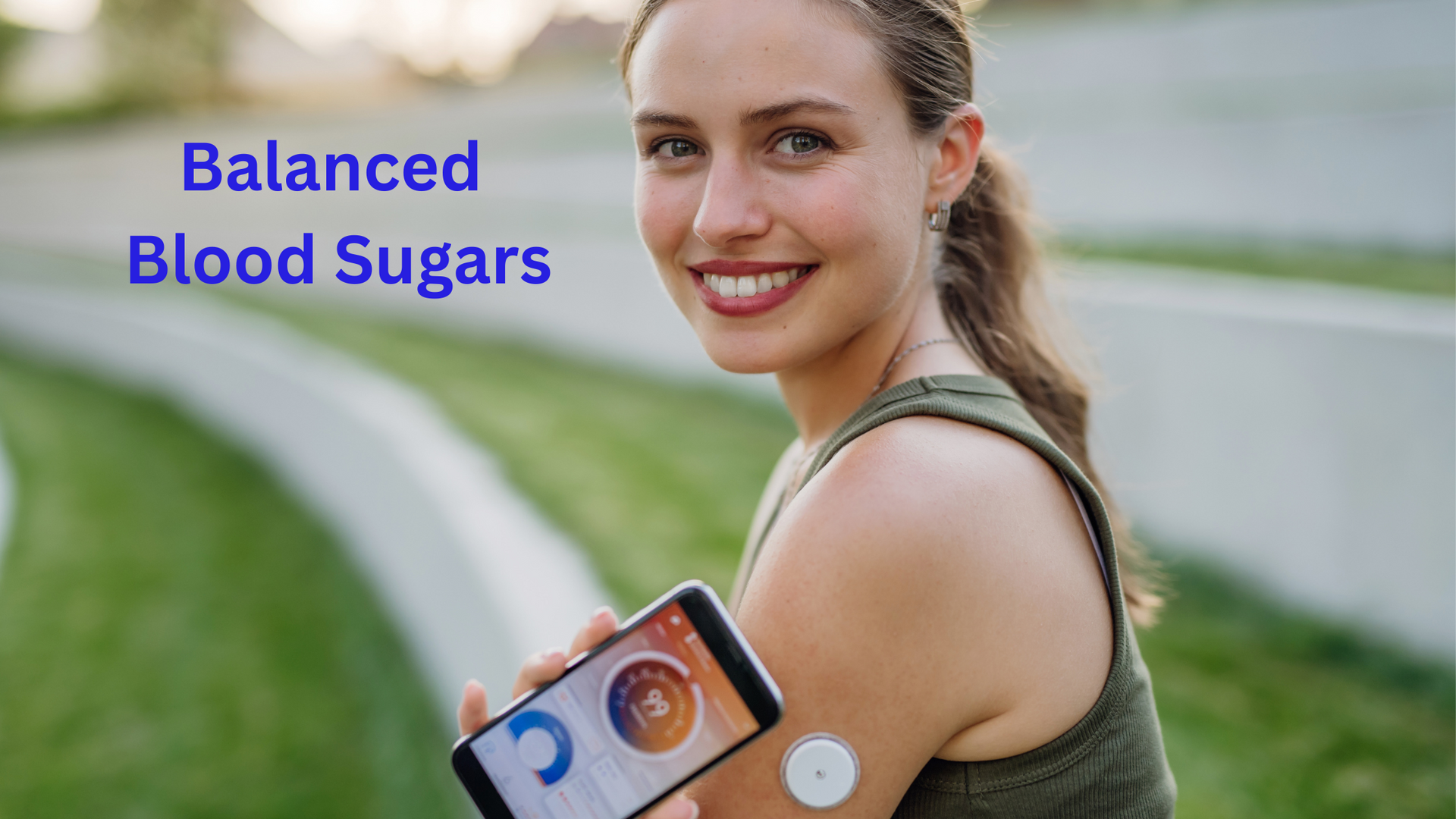
Dr. Shannon's Blog





